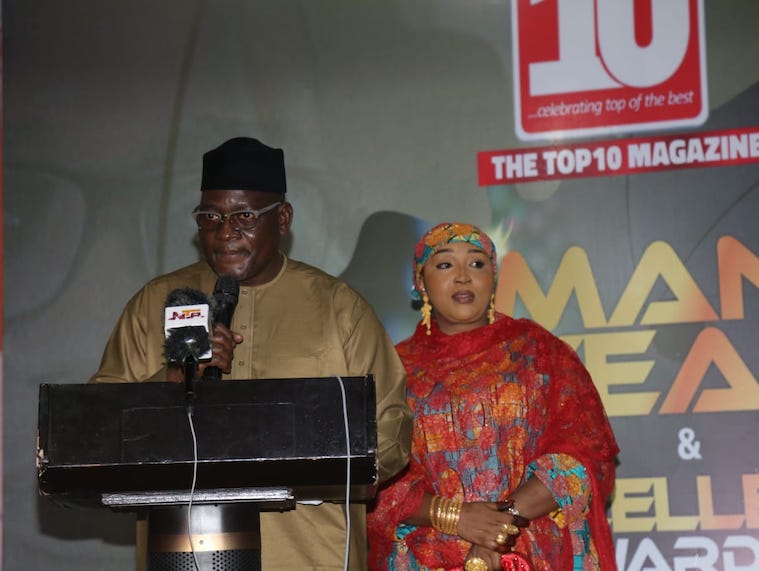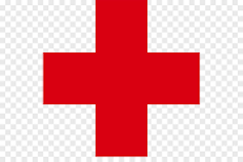Media
ECOWAS Agency Trains Journalists in Investigative Reportage

The Inter-Governmental Action Group against Money Laundering in West Africa (GIABA) began the training of some journalists in investigative Economic and Financial reportage in Cote d’Ivoire on Tuesday.
GIABA is a specialised institution of the ECOWAS responsible for facilitating the adoption and implementation of Anti-Money Laundering and Counter-Financing of Terrorism in West Africa.
Speaking at the opening of the three-day training in Assinie, Cote d’Ivoire, GIABA’s Director-General, Mr Edward Haris, said it would review techniques of investigative journalism in financial and economic crimes.
He said GIABA had been an important pillar in the fight against money laundering in West Africa as it had been conducting sensitisation programmes for media practitioners since 2009.
Haris added that GIABA was strengthening its cooperation with stakeholders in the media to adopt collective measures against crimes that threatened ECOWAS member states.
“The ECOWAS sub-region is going through a difficult period with regard to health and security issues.
“Côte d’Ivoire, like the other countries of ECOWAS and the world at large, is suffering from acts of organised and cross-border crimes.
“This is particularly in drugs, arms proliferation and illegal wildlife trafficking which fuel violence and terrorism,’’ Haris said.
Thirty journalists from television, radio, print and online media who have shown interest in the fight against financial crimes in the sub-region are participating at the training.
In his remarks, Mr Idrissa Toure, President, Côte d Ivoire Financial Intelligence Unit and president National Correspondents of Cote d’Ivoire appreciated GIABA for training journalists in investigating financial and economic crimes.
He noted that the training would assist journalists to acquire knowledge in the fight against money laundry and combating financing crimes in West African countries.
Toure emphasised that journalists have responsibility to ensure good governance and promotion of transparency in ECOWAS member countries.
Also speaking at the ceremony, Côte d’Ivoire’s Communication Minister, Mr Amadou Coulibaly said government was putting mechanisms in place to fight against financial crime and money laundering.
“Government is working with stakeholders to stop the challenges of money laundering and financing terrorism and insecurity,’’ he said.
He urged journalists to report issues that would support government’s accountability and transparency campaigns.
Mr Coulibaly described GIABA as a pillar in establishing an environment devoid of money laundering and favourable to peace building. (NAN)
Media
Kogi Journalists Partner KGIRS On Tax Administration Enlightenment

From Joseph Amedu, Lokoja
Practicing Journalists in Kogi state have expressed readiness to partner with the State Internal Revenue Service on tax administration enlightenment and adequate publicity of its activities.
Chairman, Correspondents’ Chapel, Kogi State Council of the Nigeria Union of Journalists (NUJ) Segun Salami, gave the indication when he led his members on a visit to the Executive Chairman of KGIRS, Alhaji Salihu Sule Enehe.
Salami promised a robust collaboration with the agency in creation of public awareness on the need for all taxable citizens to embrace prompt payment of their personal income taxes.
“Our task as journalists is to assist the agency in meeting up with its target of revenue generation for Kogi government through our social responsibility duty of enlightening the people to key into regular and prompt payment of their taxes as when due
“Journalists also owe it as a duty to alert citizens on the need to contribute their quota towards the development of their state and the nation in general by meeting up with their financial commitment on prompt tax payment”
Salami advocated for quarterly media interaction with the agency as part of the partnership move in publicising its activities.
He commended the Executive Chairman and his management team for the resouding success so far recorded in generating more revenue for the state government to provide the needed democracy dividends to the people.
Responding, the Executive Chairman of the Kogi State Internal Revenue Service, Alhaji Salihu Sule Enehe, expressed delight over the prevailing cordial relationship between his angency and practicing Journalists in Kogi since assumption of office.
He promised to sustain the feat in the interest of both parties geared towards achieving accelerated transformation of Kogi.
Enehe also gave an assurance that he would live above board under the partnership agreement which according to him would go a long way in improving the agency’s services of mobilizing resources for the development of the state.
Media
Nami, Ex-FIRS Chairman Receives Top10 Magazine ‘Man of the Year 2023’ Award

Health
ICRC Trains 25 Journalists on First Aid Treatment in Yola

From Yagana Ali, Yola.
The International Committee of the Red Cross(ICRC) has organized a three -day training for 25 journalists on effective First Aid Treatment to prospective casualties.
The workshop, which took place in Yola drew the beneficiaries from different media houses across the state.
In a presentation, Communication Field Officer of the organization, Lemdi Edmond took the participants memory lane from its cradle to limelight.
He pointed out that ICRC intervenes basically in crises involving armed conflicts translating to man -made or unnatural disasters.
Edmond further explained that while the International Federation of the Red Cross intervenes in the area of natural disasters, like flood and earthquake, the National Red Cross Societies handles both natural and man – made situations.
The Communication Field Officer identified seven principles of the Committee to include humanity, impartiality,Neutrality and independence among others.
On their parts, First Aid and Pre-hospital Care Field Office Yola and Abuja respectively, Charity Maxwell and Daniel Ebodor jointly exposed the participants to the meaning, relevance and significance of the First Aid.
They maintained that First Aids basically aimed to save life, prevent condition from further deteriorating and promote speedy recovery.
They identified truthfulness, sympathy, resourcefulness, tolerance and empathy among others as qualities of a good First Aider.
The duo also enumerated and extensively explained Primary Survey variables relating to First Aid as Danger, Response, Airway, Breathing and chest compression.
Interestingly, the participants were vigorously engaged in practical First Aid treatment on various aspects having to do with Burns, Fainting, Fracture and bleeding among others.
Highlights of the training were questions and answers, presentation of certificate and First Aid Kits to the participants






























